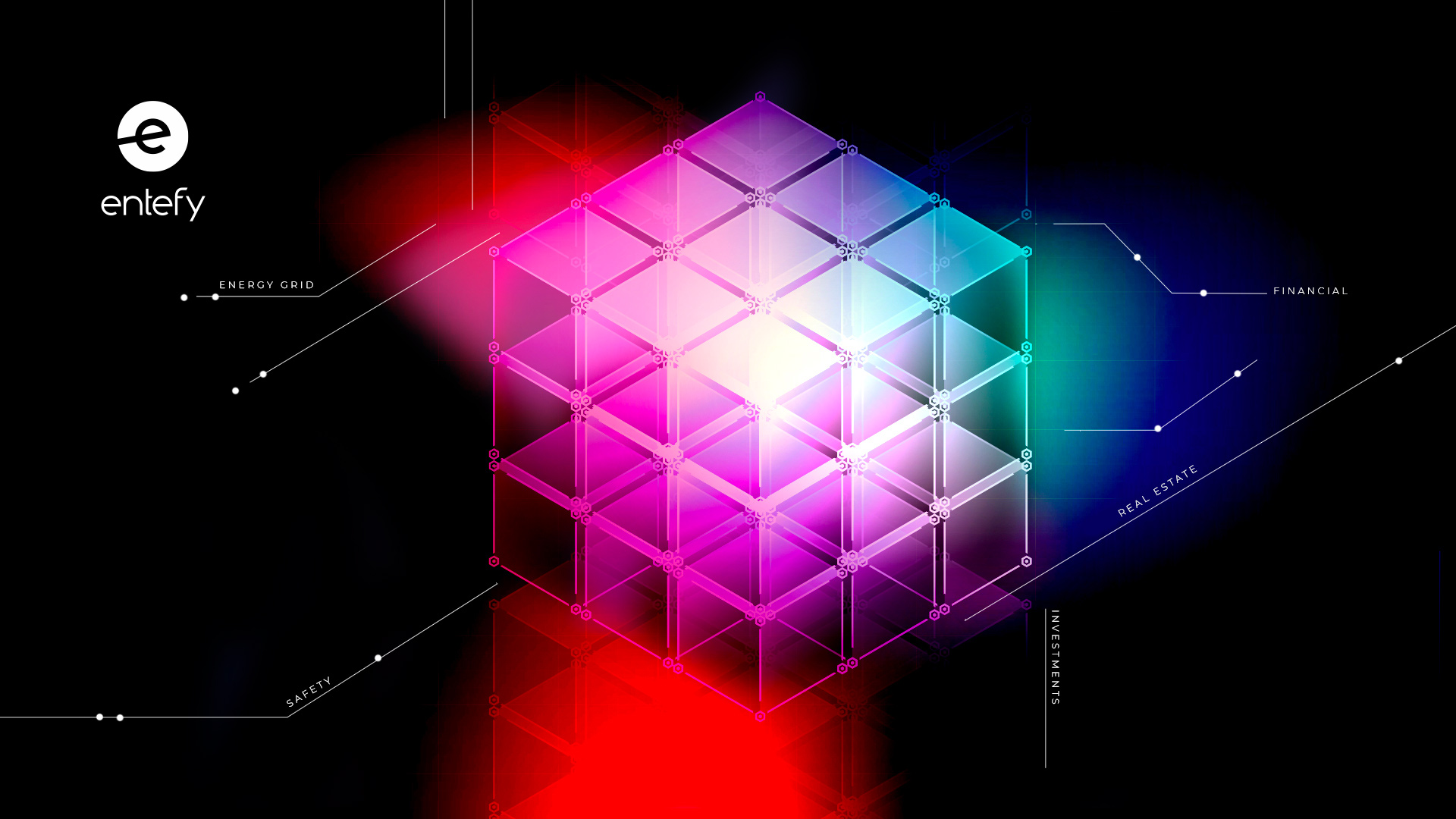There’s more to blockchain than Bitcoin, as we discussed in our article covering blockchain innovations that have nothing to do with cryptocurrencies. If you’re just getting up to speed on blockchain technology, start with our overview of how blockchain works and what makes it distinctive. We use a discussion of a low-tech paper ledger book as a starting place to examine what makes blockchain unique:
A good starting point for understanding blockchain technology is to picture an accounting ledger book, filled with line after line of transaction records. Pretty straightforward. But this ledger book has some interesting properties. First, there are copies of it all over the place, so that no one person controls access to the ledger. Next, anyone who wants to can inspect its contents at any time. Finally, adding a new line item to the ledger only happens after everyone agrees that the record is correct and accurate.
Blockchain’s potential can be seen in its anticipated impact on practically every industry, market, or business process. In financial services, to take one example, the transparency and distributed structure aspects of the technology can be used to create markets with no central authorities or transaction costs. Picture a peer-to-peer stock exchange that directly connects buyers and sellers and you’ll understand why regulators like the U.S. SEC are paying close attention to blockchain startups.
Let’s dive into 5 happening-right-now examples of blockchain disruption:
1. Increasing financial inclusion in third-world countries
According to World Bank data, 2 billion adults around the world don’t have bank accounts. The so-called “unbanked” are at a severe financial disadvantage. Without a bank account, they struggle to secure and build credit, build savings, and access formal financial products, trapping them in a cycle of poverty. Those who support their families as foreign domestic workers often face high transaction fees when sending remittances back home, further straining their economic resources.
However, blockchain is helping to alleviate the burden of poverty and establish digital identities for the unbanked. Blockchain-powered remittance services offer significantly lower transaction costs and faster speeds, allowing workers to send more money to their families. As more and more companies accept bill payments via mobile apps, low-income users will be able to establish financial records and verify their identities via blockchain, creating a foundation from which they can access banking services and begin building true financial security.
2. Reducing real estate costs
Blockchain-powered smart contracts could speed up the home buying process and reduce buyers’ expenses along the way. A trusted, transparent ownership record would help prospective buyers verify the legitimacy of property listings, and smart contracts could reduce the potential for errors and fraud. Because contracts executed on the blockchain must be authenticated across the network, buyers, sellers, and lenders can rest assured that every party’s financials and ownership records are above-board.
Blockchain-based smart contracts also make rent-to-own arrangements feasible, enabling renters to incrementally purchase equity in their homes while current owners continue to enjoy regular income from the property. The smart nature of smart contracts means that as renters gain ownership, the terms of their rental agreements will adjust accordingly, eliminating logistical headaches for everyone involved.
3. Increasing safety in the sharing economy
Goldman Sachs estimates that blockchain solutions could drive $3 to $9 billion in increased revenue in peer-to-peer lodging alone, to say nothing of other aspects of the sharing economy. A report from the company notes that although services such as Airbnb provide interesting and more personal alternatives to hotels and traditional lodging services, some consumers resist the trend because they’re not sure they can trust the person whose home they’re renting.
Smart contracts could help both hosts and renters protect their assets, while blockchain systems can pull personal identification data to verify both parties’ backgrounds. By pulling in information such as consumer reviews and trustworthiness scores, these platforms can provide people with up-to-date information that assuages their fears and drives higher adoption of peer-to-peer services.
4. Enabling smarter energy grids
The need for clean, sustainable energy sources has never been clearer. Neither has the need for a better way to manage energy data and usage. Currently, clean energy production is tracked via tradable certificates that are generated around the globe, but the management of these certificates is unwieldy, to say the least. Without a better method for tracking renewable production, investment in clean energy will lag far behind what it needs to be.
But blockchain could automate and streamline energy certificate management, along with other critical energy processes. By allowing smart meters to communicate directly with the blockchain, records can be generated automatically, reducing the opportunities for errors and data corruption along the way. Blockchain systems would also facilitate faster payments for energy producers and could theoretically allow for a peer-to-peer energy trading system that would drive more dynamic and efficient energy grids.
5. Improving financial investments
The investment management company Vanguard Group recently announced that it is using blockchain to deliver faster, timelier market index information to investors. The blockchain system automatically integrates new data and pushes it to investors and decisionmakers, which enables them to make faster, smarter calls with less chance for making mistakes. Vanguard also expects that the technology will allow it to create better financial advising programs, making blockchain even more relevant to individuals who rely on advisers to make critical money decisions.
For a more in-depth look at another blockchain disruption, check out Entefy’s article on how AI and blockchain are joining forces to boost cybersecurity defenses.
